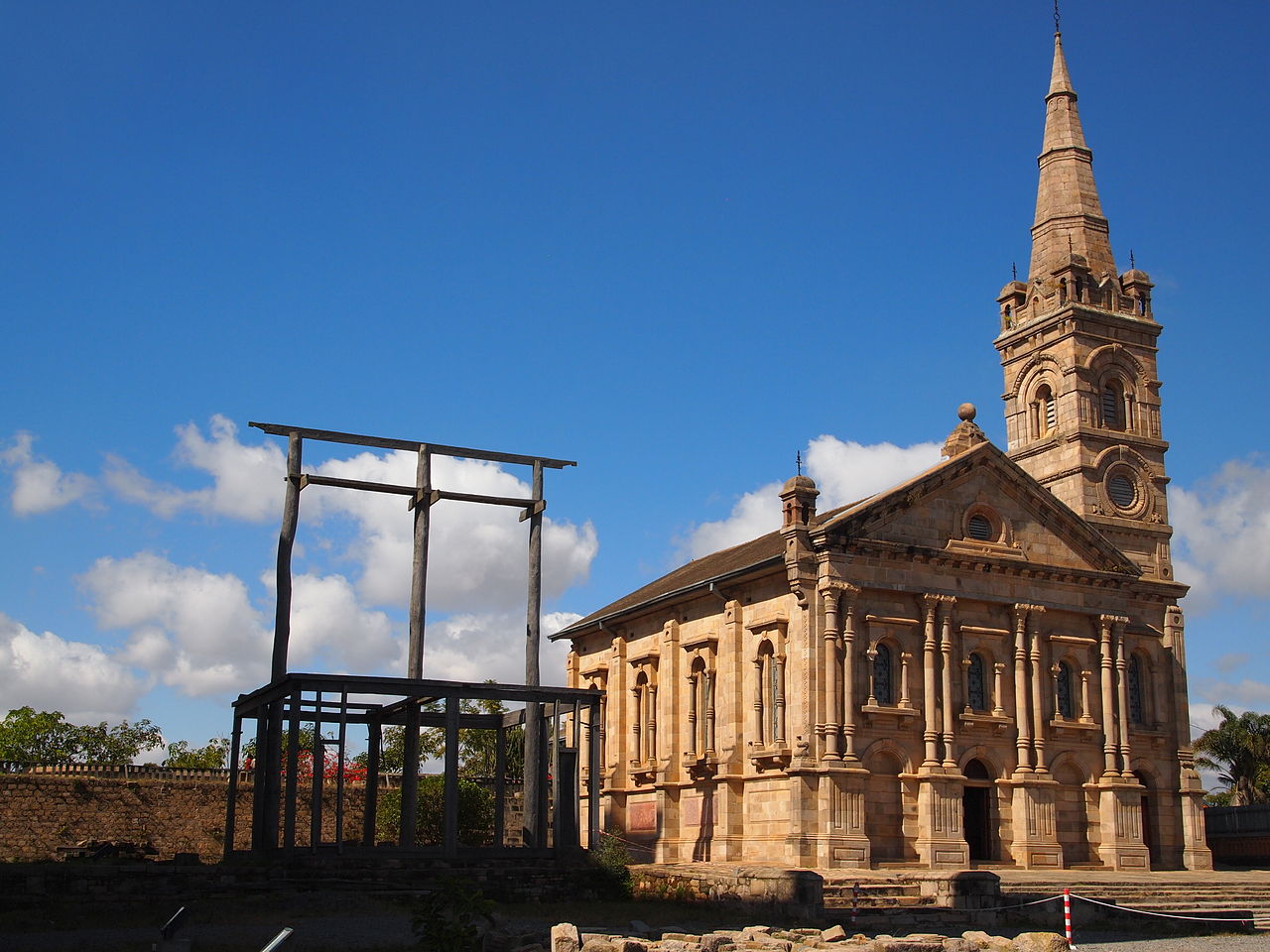 |
Prime Minister Rainilaiarivony
|
In the aftermath of the controversial coup against Radama II, the new head of state, prime minister Rainivoninahitriniony, was in a tumultuous position. He and the fellow orchestrators of the coup had committed the unprecedented act of overthrowing the mpanjaka Imerina. He attempted to legitimize the bureaucratic takeover by marrying one of Radama's wives, Rasoherina, as well as drafting a new constitution for Imerina. While the constitution would last, Rainivoninahitriniony did not, and he was himself overthrown by his brother in 1864. This brother was Rainilaiarivony, one of the top ranking generals in the Malagasy army, who proceeded to implement a de facto military dictatorship, overthrowing his brother and declaring himself prime minister. While Rasoherina remained the official head of state, Rainilaiarivony was the true power behind the throne.
 |
| Empress Rasoherina |
Rainilaiarivony inherited a Malagasy economy in turmoil. The removal of the pro-European Radama II from power had dramatically hurt Madagascar's relationship with its most important trade partners. The new prime minister attempted to undo this damage through the negotiations of treaties with these powers. Throughout the 1860s, 70s, and 80s, Rainilaiarivony negotiated treaties of friendship and commerce with France and the UK, and additionally negotiated treaties with other countries in an attempt to diversify Malagasy trade. These included treaties with the USA, Italy, and Germany.
 |
| 1881 Treaty of Friendship between the United States and Madagascar |
Ultimately, Rainilaiarivony's efforts has a mixed result. Trade revived at first, but the opening of the Suez canal allowed European ships to cut through the Mediterranean and bypass Madagascar when trading in Asia.
Rainilaiarivony and Rasoherina also had to fight off a final attempt by Rainivoninahitriniony to retake power as Rasoherina reached the end of her life. In the end, this coup was crushed, and Rainilaiarivony appointed a new puppet monarch in the form of Ranavalona II.



.jpeg)













